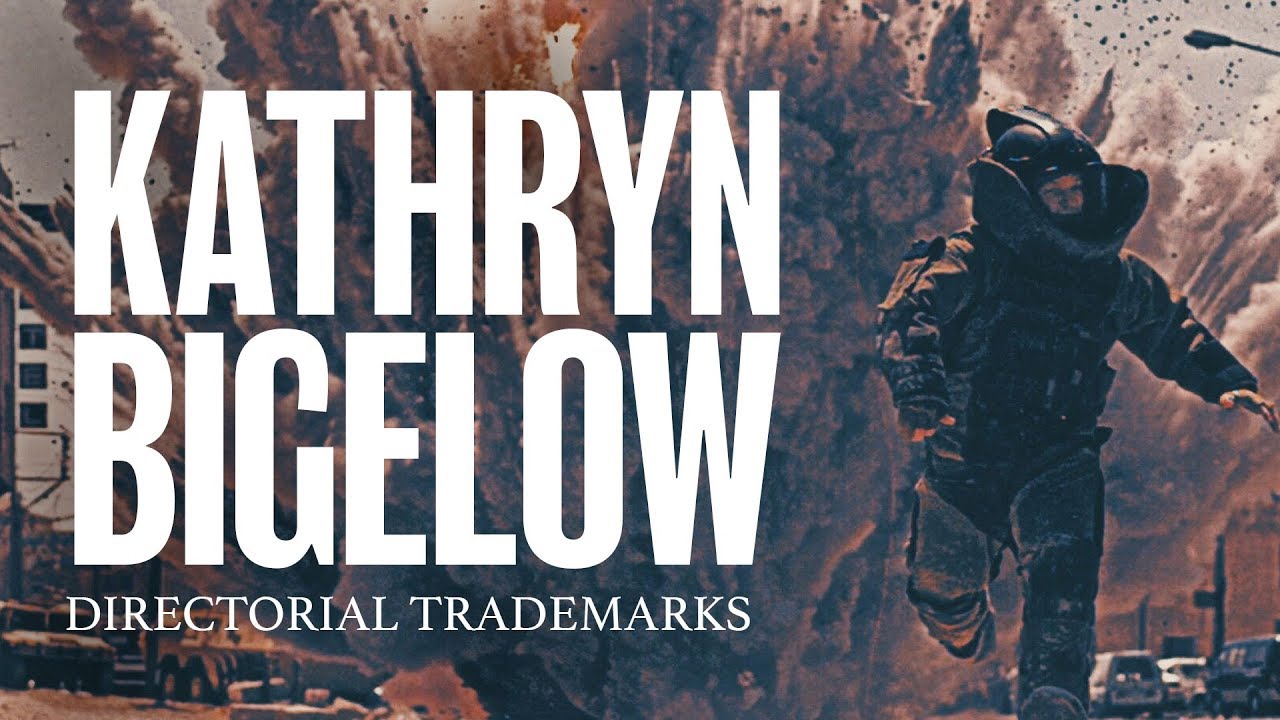When you think of the films of Kathryn Bigelow, what do you think of? Do you think of fun, action-packed films with over-the-top stunts like Point Break? Or do you think of gritty, realistic thrillers like The Hurt Locker?
Kathryn Bigelow’s style has developed and matured over the years, but perhaps this maturation is most noticeable in her portrayal of cinematic violence. Bigelow admits to including “seductive violence” in her early work. In these films, the violence is sleek and polished, almost glamorized. But there was a very noticeable change around the mid-90s when Bigelow began to show violence in a much more critical, visceral manner. Films like Strange Days seemed to even critique on-screen violence directly. Nowadays, Bigelow is applauded for her docudrama, you-are-there approach to filmmaking. These films—The Hurt Locker, Zero Dark Thirty, and Detroit—not only portray realistic violence, but violence that elicits a deep emotional response from the audience. The Academy Award-winner’s use of violence is no longer “seductive” — instead, it’s eye-opening, devastating, and very, very crucial to understanding the themes she continues to explore.



